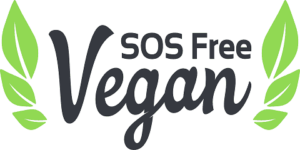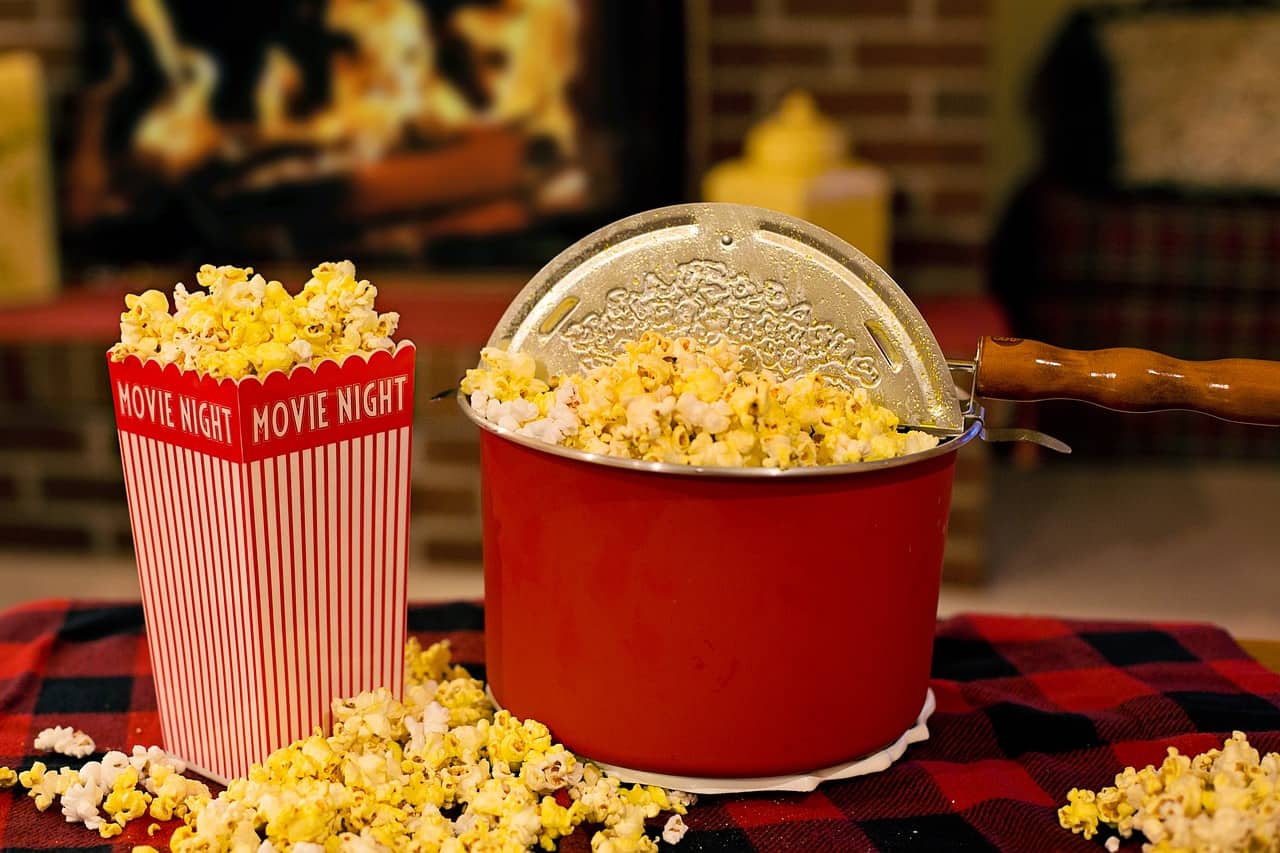Last Updated on April 23, 2023 by admin
It’s a movie theater staple, but you might eat popcorn at home or at work as well. It makes for a light, cheery afternoon snack, and with so many flavors, you can never get tired of popcorn. You’re soon planning to start a vegan diet and you’re wondering if can you still eat popcorn when you do?
Plain popcorn with just a bit of salt is vegan. Added flavors such as butter or cheese as well as some popcorn food colorings aren’t, so you’ll have to shop for bagged popcorn carefully!
In this post, we’ll talk more about the many flavors of popcorn and then go one by one and discuss whether these products are vegan. By the time you’re done reading, you’ll know which popcorn varieties you can eat and those that you can’t as part of your new diet.
The Flavors of Popcorn
It’s believed there are as many as 50 original popcorn flavors, with new ones being invented all the time. By combining preexisting flavors, you can add even more versatility to the average popped kernel of popcorn.
Here’s a list of some of the more common flavor varieties of popcorn.
- White cheddar: This cheesy popcorn is described as having a subtle but bold taste.
- Cheese popcorn: A richer, cheesier variety, cheese popcorn has a stronger flavor than white cheddar in many cases, as it’s made with regular cheddar.
- Ranch popcorn: Ranch is already a common flavor of chips, so why not popcorn too? You’ll feel like you’re dipping each kernel into a container of ranch dressing.
- Kettle corn popcorn: Another snack bleed-over, kettle corn chips are all the rage, and now kettle corn popcorn is making an impact as well. Its distinct flavor has mass appeal.
- Caramel popcorn: Not all popcorn has to be savory. Caramel popcorn or caramel corn is covered in sweet, sticky caramel to make each bite delectable.
- Butter popcorn: Here’s the classic. By covering plain popcorn kernels in thick, ooey-gooey, golden movie theater butter, popcorn becomes practically irresistible.
The Nutritional Value of Popcorn
Popcorn may taste light and airy, but the more you eat, the easier it is to add on the calories. That’s before you get into some of the crazier toppings and flavors out there. For a 3.5-ounce or 100-gram serving of air-popped, microwaved plain popcorn, the snack contains:
- 387 calories
- 5 grams of fat
- 78 grams of carbs
- 13 grams of protein
- 15 grams of fiber
- Manganese (56 percent of your daily recommended value)
- Copper (13 percent of your daily recommended value)
- Zinc (21 percent of your daily recommended value)
- Potassium (9 percent of your daily recommended value)
- Phosphorus (36 percent of your daily recommended value)
- Magnesium (36 percent of your daily recommended value)
- Iron (18 percent of your daily recommended value)
- Vitamin B6 (8 percent of your daily recommended value)
- Vitamin B3 (12 percent of your daily recommended value)
- Vitamin B1 (7 percent of your daily recommended value)
Is Popcorn Vegan-Friendly?
That brings us back to our main question. Is popcorn indeed vegan? As we mentioned in the intro, plain popcorn is completely fine for vegans to eat. After all, popcorn is nothing more than a corn kernel that’s heated to high temperatures until the pressure causes the kernel’s outer hull to pop.
The problem is that once you begin venturing outside of plain, salted popcorn, many of the ingredients are no longer vegan. Let’s take a closer look at which ingredients are most assuredly off-limits on your diet.
Cheese
Cheesy popcorn is one of the most popular flavors, so you’re likely to see it all over grocery store shelves. Whether the cheese used for the flavoring is white cheddar or regular cheddar, you’ll have to skip the cheesy crunch.
Remember, vegans cannot eat dairy, and cheese is a top dairy product. Admittedly, most grocery popcorn brands don’t use actual cheese, but cheese flavoring. For example, Orville Redenbacher’s Cheddar Cheese popcorn includes natural flavorings with milk. That’s still not allowable as part of your vegan diet.
Food Coloring
Popcorn on its own isn’t sweet, but as caramel corn has shown us, that can be changed. Today, you can buy all sorts of sweet-flavored popcorn such as birthday cake and blueberry. These popcorns are often tinted a certain color reminiscent of the food they’re supposed to represent.
Where the food coloring comes from is at the discretion of the manufacturer, but it’s possible that red or pink-colored popcorn might be derived from carmine. This food coloring uses beetle cochineal and is thus an animal byproduct.
Blue #1, a food coloring known as Brilliant Blue, has relied on animal test subjects for years, including dogs. Blue #2 or Indigo Carmine has the same story. To get popcorn green, manufacturers might use Green #3 or Fast Green. This too was tested on dogs and could encourage the growth of tumors. None of these food colorings are vegan-safe.
If your friend makes colored popcorn at home, ask if he or she uses gelatin like Jell-O to do it. Gelatin comes from animal bones, ligaments, tendons, and skin that’s boiled and is very much not vegan.
Butter
Movie theater butter makes popcorn into an addictive snack, but what you’re eating isn’t really butter. This drizzly topping includes ingredients like tertiary butylhydroquinone (TBHQ) as well as hydrogenated soybean oil and an artificial butter flavor.
The color comes from Yellow #5 and #6. Yellow #5, aka Tartrazine, is produced through animal testing, as is Sunset Yellow or Yellow #6. This food coloring could even be tied to hyperactivity in children, although more research is needed. Neither food coloring is vegan.
Conclusion
If you want an afternoon pick-me-up or a snack to eat during family movie night on the couch, popcorn is your go-to. Plain popcorn with a bit of salt is fine for vegans to enjoy, but beware of artificially flavored and colored popcorns, as they’re not vegan-friendly!
Recent Posts
You’ve read this blog and it’s certainly piqued your curiosity about what it means to be an SOS-free vegan. You’ve learned about this branch of veganism from our introductory post and maybe...
Vegans Desserts! Few things taste better than a refreshing ice cream cone on a hot summer’s day. Now that you’ve given up sugar and oil (not to mention salt) and gone vegan though, you may feel...

